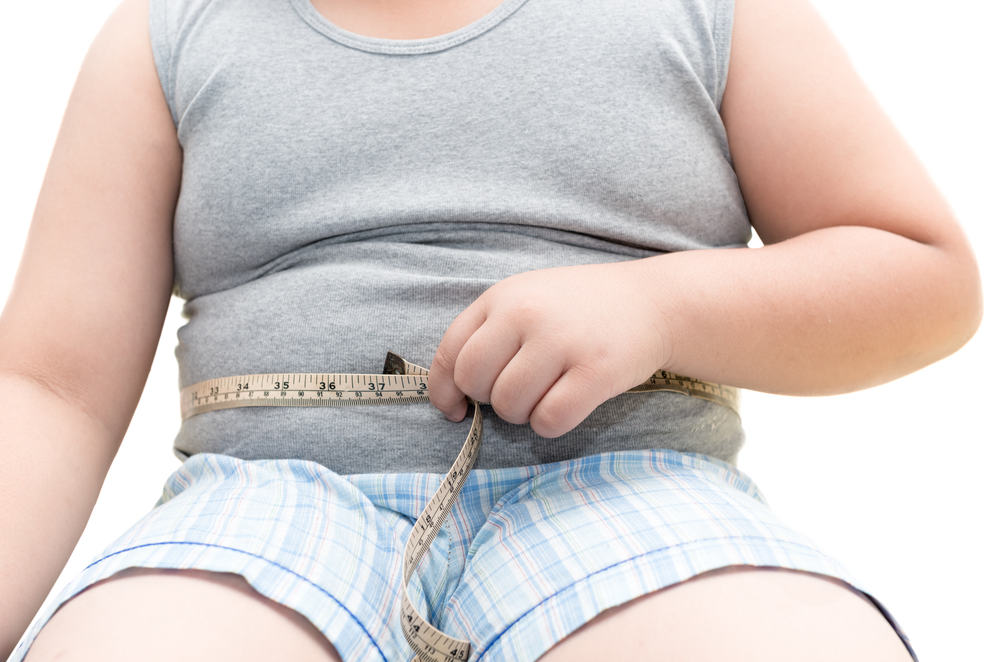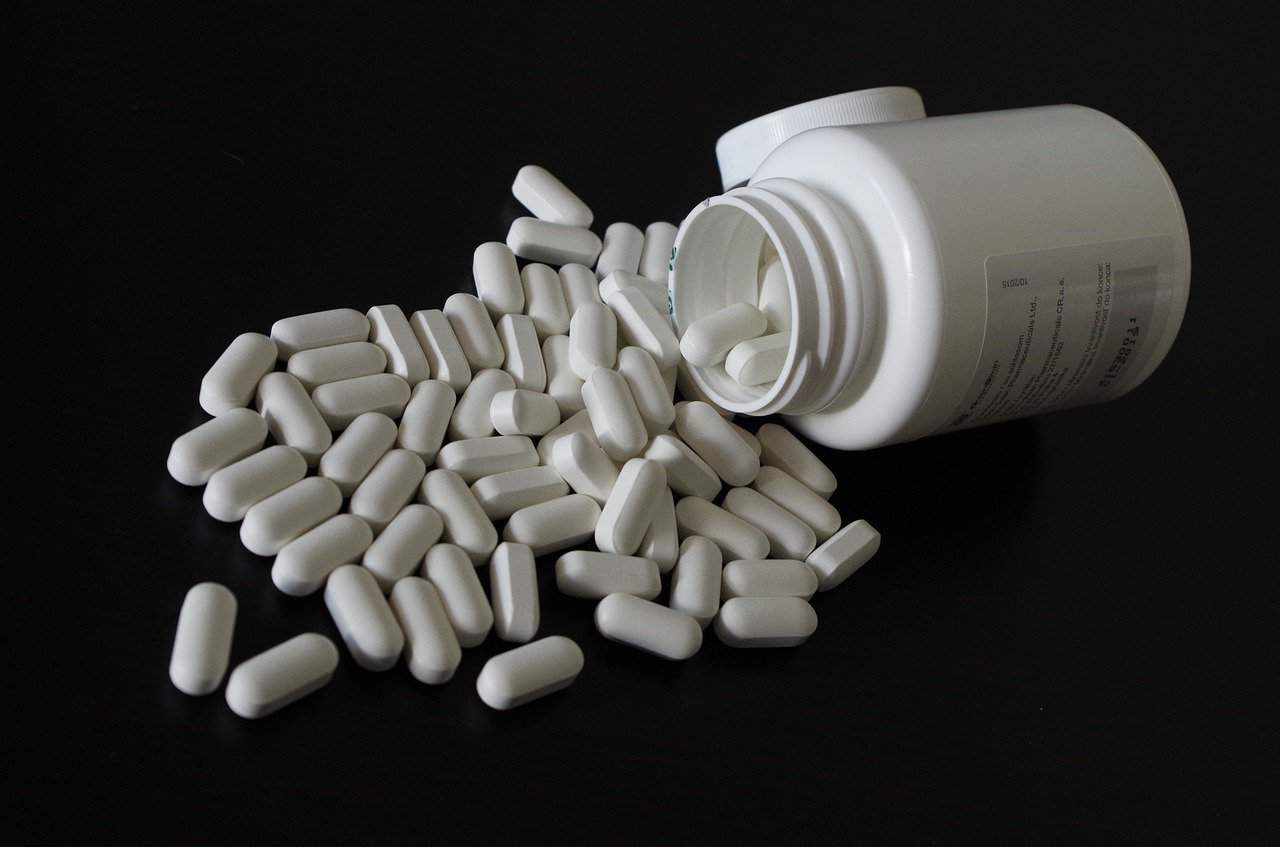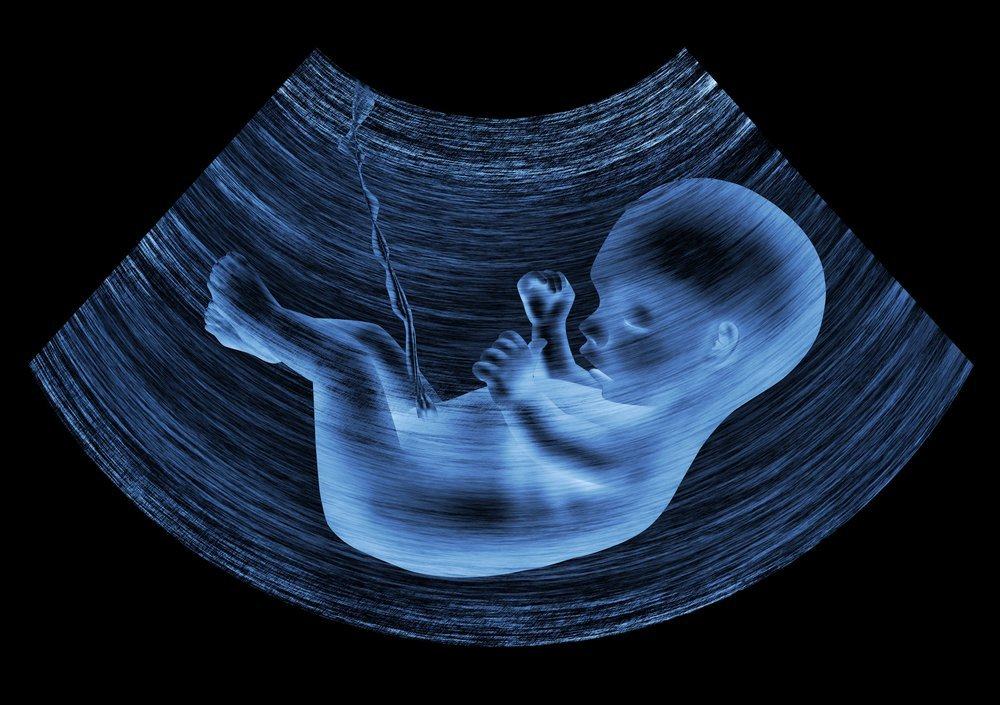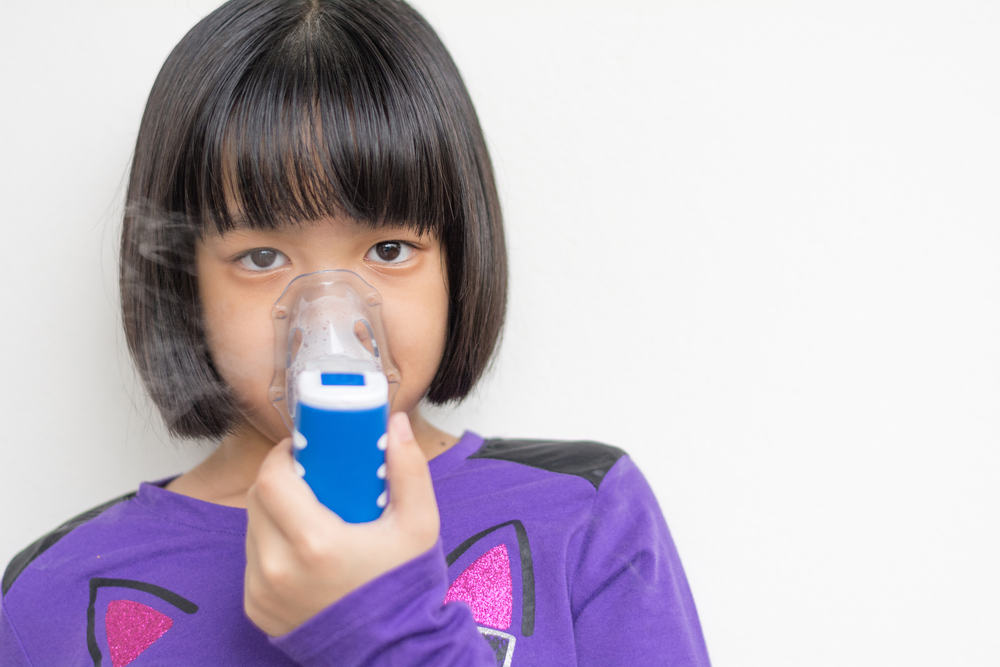Contents:
- Medical Video: Proper Feeding Techniques for Babies
- Breastfeeding directly from the breast and from the breast milk, which one is better?
- Why is that so?
Medical Video: Proper Feeding Techniques for Babies
There are no other sources of nutrition for babies that are better than breast milk. But sometimes, certain situations and conditions make you have to store milk in a bottle to give at a later time. Will the benefits of breastfeeding remain the same if the baby suckles directly from the breast or bottle breast milk?
Breastfeeding directly from the breast and from the breast milk, which one is better?
Although the milk comes from the same source, it turns out the benefits of breast milk remain superior when given directly through the breast rather than having to pump breast milk and store it in a bottle. This theory is proven by a recent Canadian study published last 2017.
After observing nearly more than 2,500 babies, the research team concluded that direct breastfeeding proved to be superior in preventing the risk of asthma in children compared to bottle feeding. The risk of asthma also increased in the group of children who breastfed a combination of breast milk (direct and bottled), mixed breastmilk with formula milk, and the largest in the group of infant milk.
The results of this study also corroborate the findings of a previous study which reported that bottle feeding increased the risk of asthma attacks in children up to 1.7 times in the first 12 months of life.
Why is that so?
Not yet known exactly what causes breastfeeding through bottles can increase the risk of asthma in children later in the day. However, experts have some guesses that might explain the link between the two.
First, direct breastfeeding through the breast allows skin contact between mother and child. This skin contact can move good bacteria that live in the mother's skin to the baby's body, to stimulate the baby's immune system to work faster. Direct skin contact is also thought to be able to activate immune boosting enzymes in milk. Moreover, the sucking reflexes carried out by the baby when breastfeeding in the breast can help improve airflow and increase lung capacity.
Pumping breast milk into the bottle has been associated with an increased risk of bacterial contamination from the surrounding environment. The process of freezing and heating breast milk has also been shown to reduce antioxidant properties, vitamin levels, and immunoglobulin activity A. Processed breast milk can contain asthma-triggering chemicals (including phthalates, bisphenols, or triclosan) which is usually used in making or cleaning breast pumps or storage containers.












